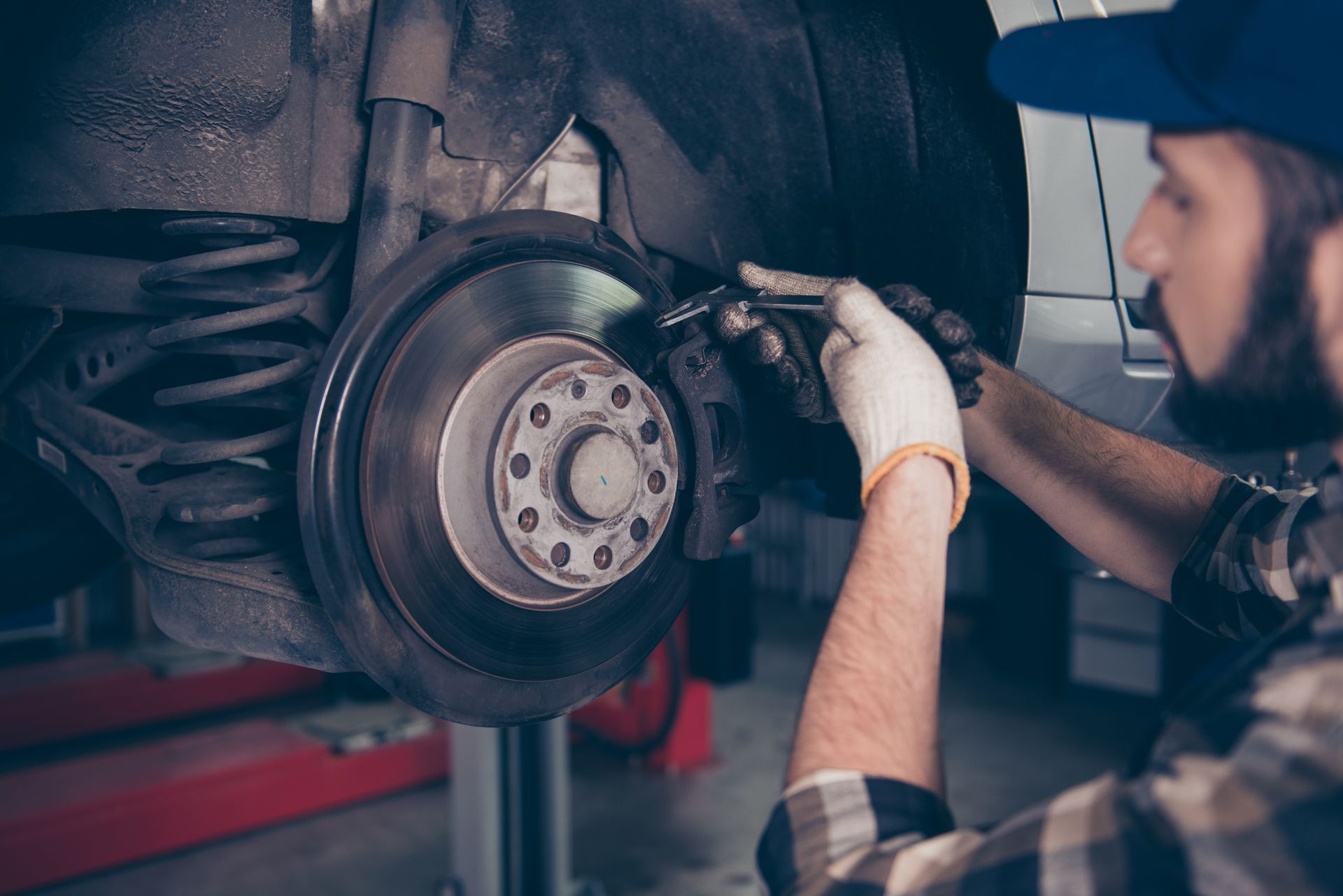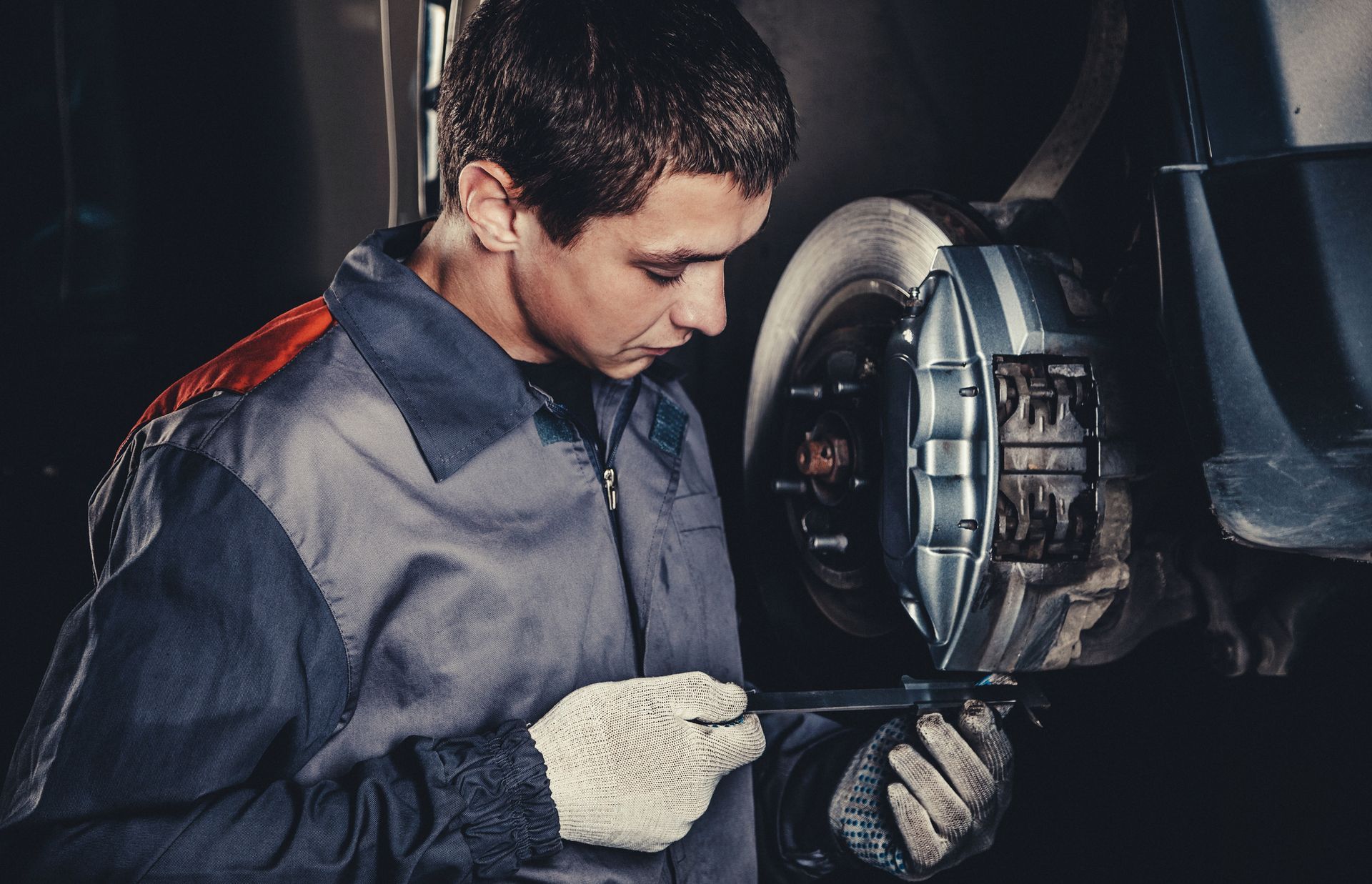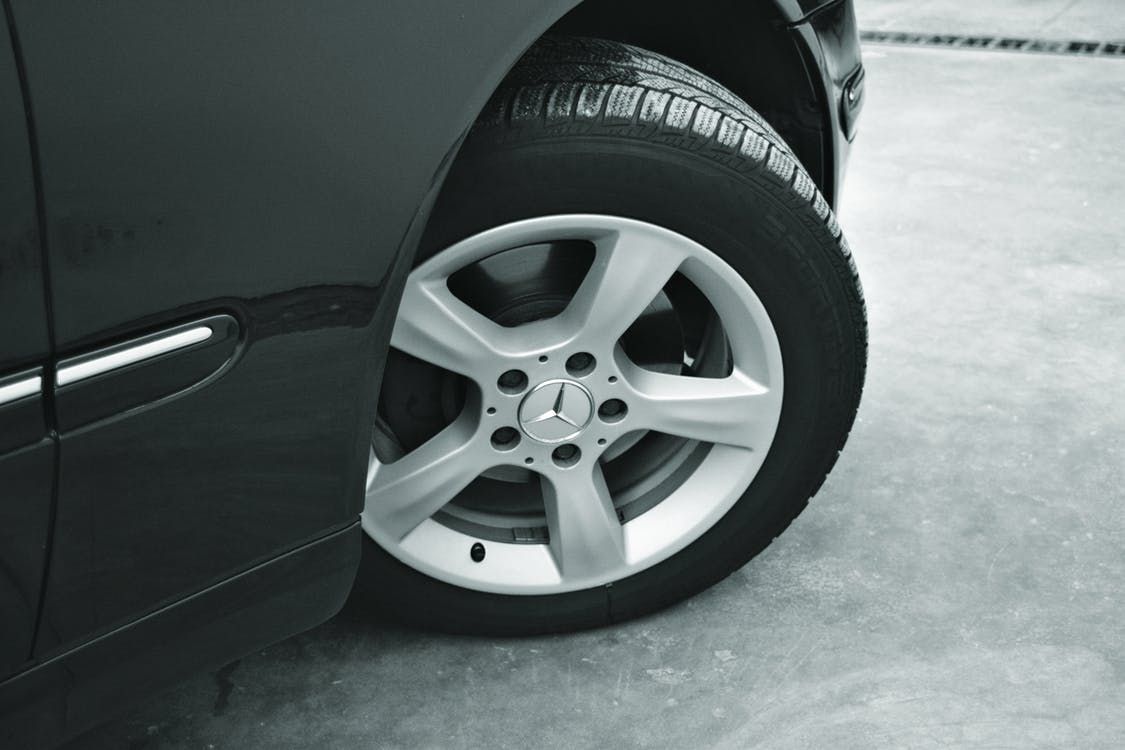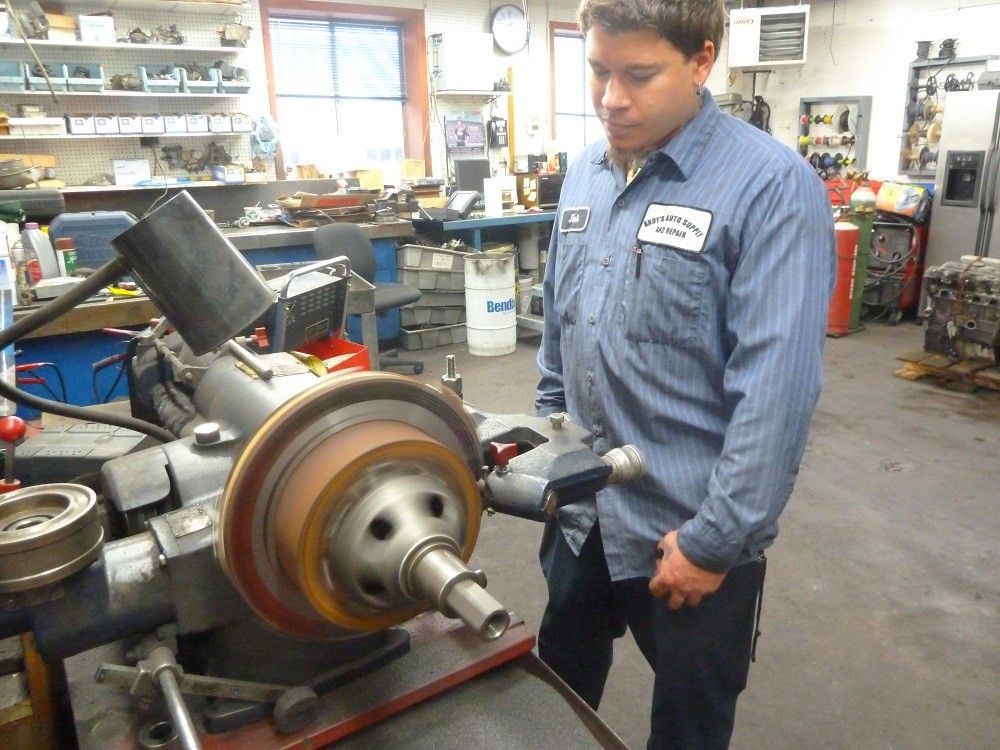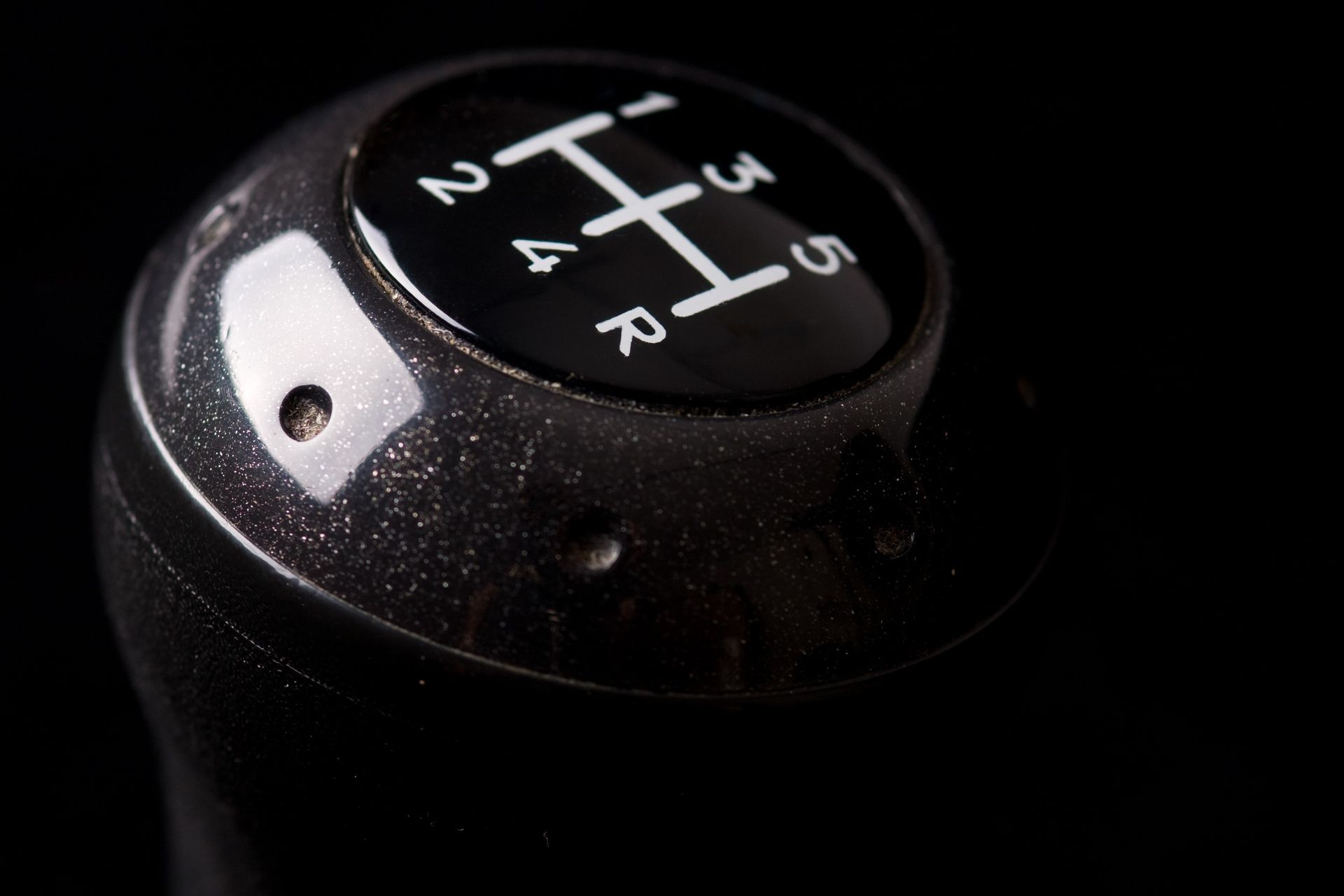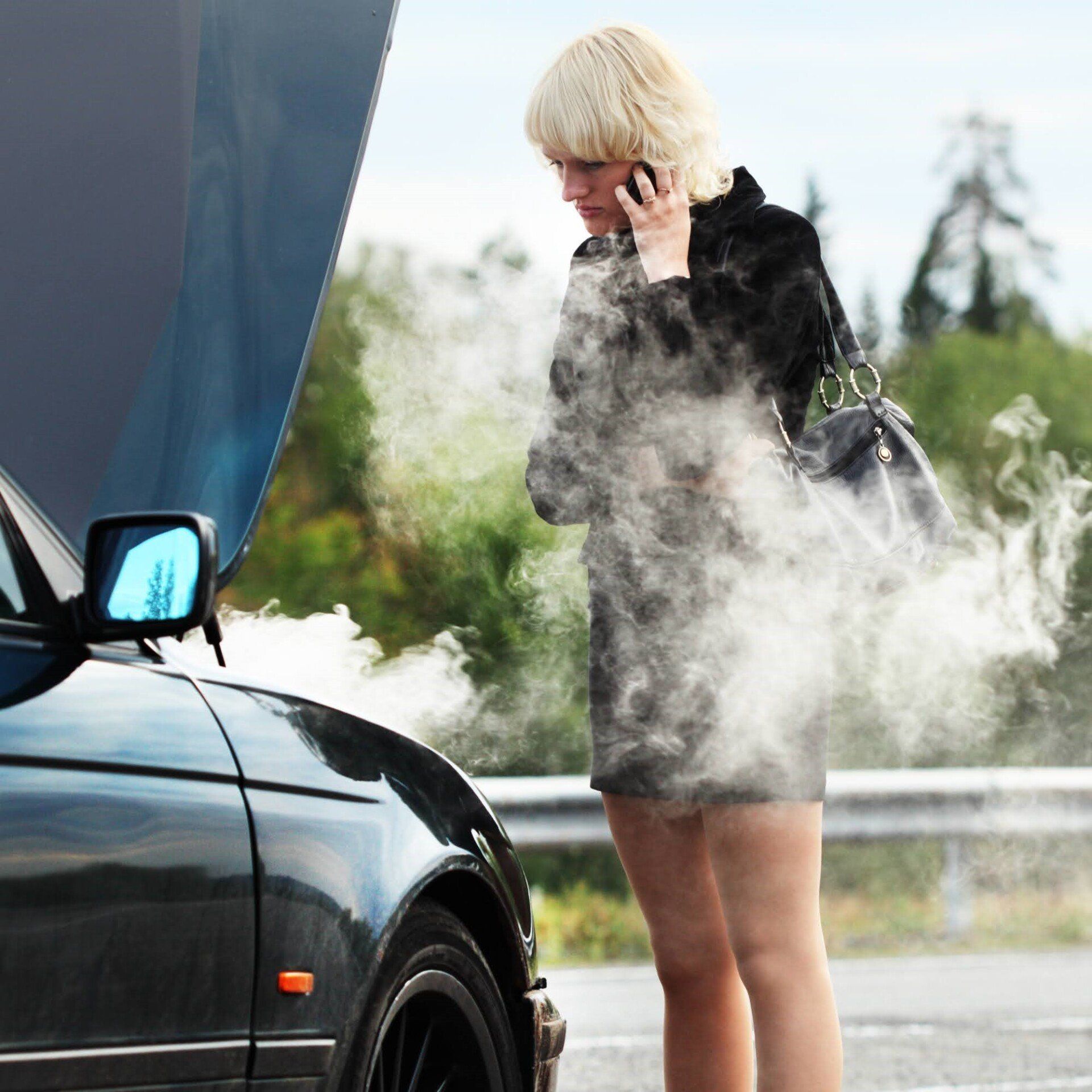3 Signs That Your Clutch Needs Replacement

The clutch is a vital part of your vehicle's transmission system. The engine generates a lot of power which the transmission system harnesses and transfers to the wheels to ensure smooth motion. The clutch is the contact surface that allows you to disengage and reengage the engine's power onto the wheels as you shift from one gear to the next. Therefore, a failed clutch may cause huge problems.
Timely repairs of the clutch can save you fuel, money and further damage to your car's transmission and other systems. This piece discusses several signs of a damaged clutch in your vehicle.
1. Burning smells
A burning smell is probably the most obvious sign that your clutch is in terrible shape. Your vehicle may smell like burning rubber, especially when driving in slow-moving traffic. These smells are common when you learn to accelerate in the first gear for the first time. If the odour is apparent when you drive the vehicle later after learning, you may have a bigger problem.
Your vehicle's clutch overheats when you wear it thin, producing a burning smell. The excessive heat is due to the friction between the clutch disc, flywheel and pressure plate when the clutch engages. If you let the clutch slip excessively or ride the clutch pedal, the disc gets hot and you wear the clutch.
Therefore, visit the mechanic when your car produces burning smells beyond the usual. The mechanic examines the clutch and determines if it needs repairs or a replacement.
2. Slipping gears
A manual transmission vehicle might slip into neutral or any other gear without warning. In such a case, you may have a worn-down clutch plate. This problem also causes a lack of power and responsiveness when accelerating the vehicle. If you lose power when overtaking in oncoming traffic, you can easily cause an accident.
You may also notice that the engine revs too high without proportional response in the car's movement. However, once the transmission fully engages, the vehicle lurches forward unevenly. This problem can cause fuel inefficiency or accidents.
Transmission slippage might also result from oil leakage onto the clutch plate. The oil excessively lubricates the clutch plate and causes gears to slip. Still, ensure that a technician evaluates the vehicle and restores its functionality.
Your vehicle might behave this way if the transmission fluid is low. Your transmission system relies on this fluid to run different actuators. Therefore, the gears could slip if the fluid level is too low. Consequently, you should monitor the transmission fluid levels as part of your preventive maintenance techniques.
Worn-out bands and old transmission fluid may also cause transmission slippage. However, you will need an experienced mechanic to narrow down the issue and conduct the required repairs.
3. Sticky pedal
The clutch pedal relies on the hydraulic system to engage and disengage the clutch. When the hydraulic system fails, your clutch pedal stays closer to the floor than usual. The pedal also becomes difficult to press.
These two signs might be the result of leaked hydraulic fluid. If you do not repair the vehicle at this stage, you may encounter a complete loss of pressure. In this case, the mechanic must replace the entire linkage system. The car could also need a new clutch plate to eliminate this problem.
If your vehicle produces burning smells or you experience a sticky pedal or slipping gears, your clutch could need replacement. At Stopmaster Brake Service, we have seasoned experts who understand problems related to your car's transmission and braking systems. In addition, our mechanics have the appropriate diagnostic and repair tools, and access to a wide range of original parts which ensure speedy and accurate clutch replacement.

